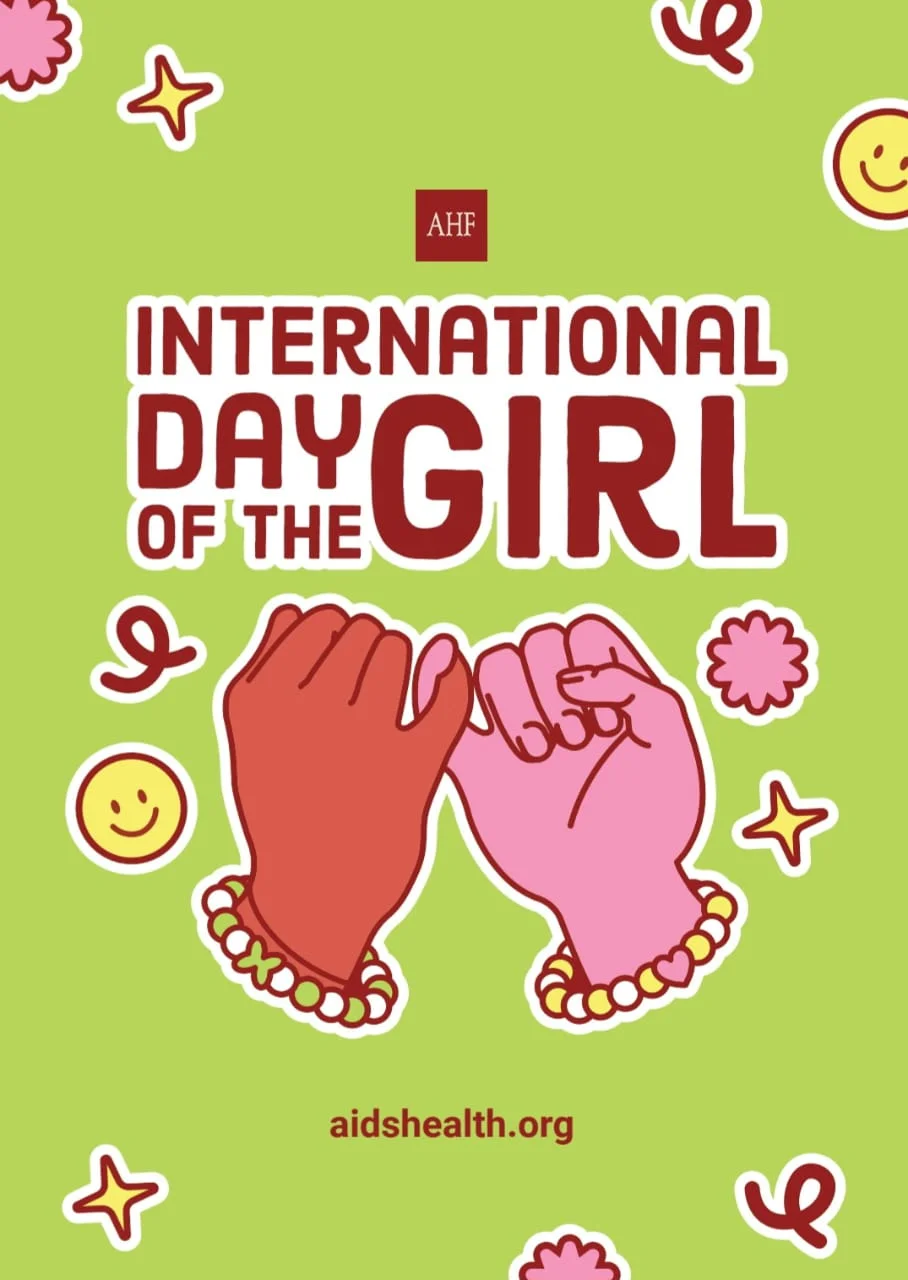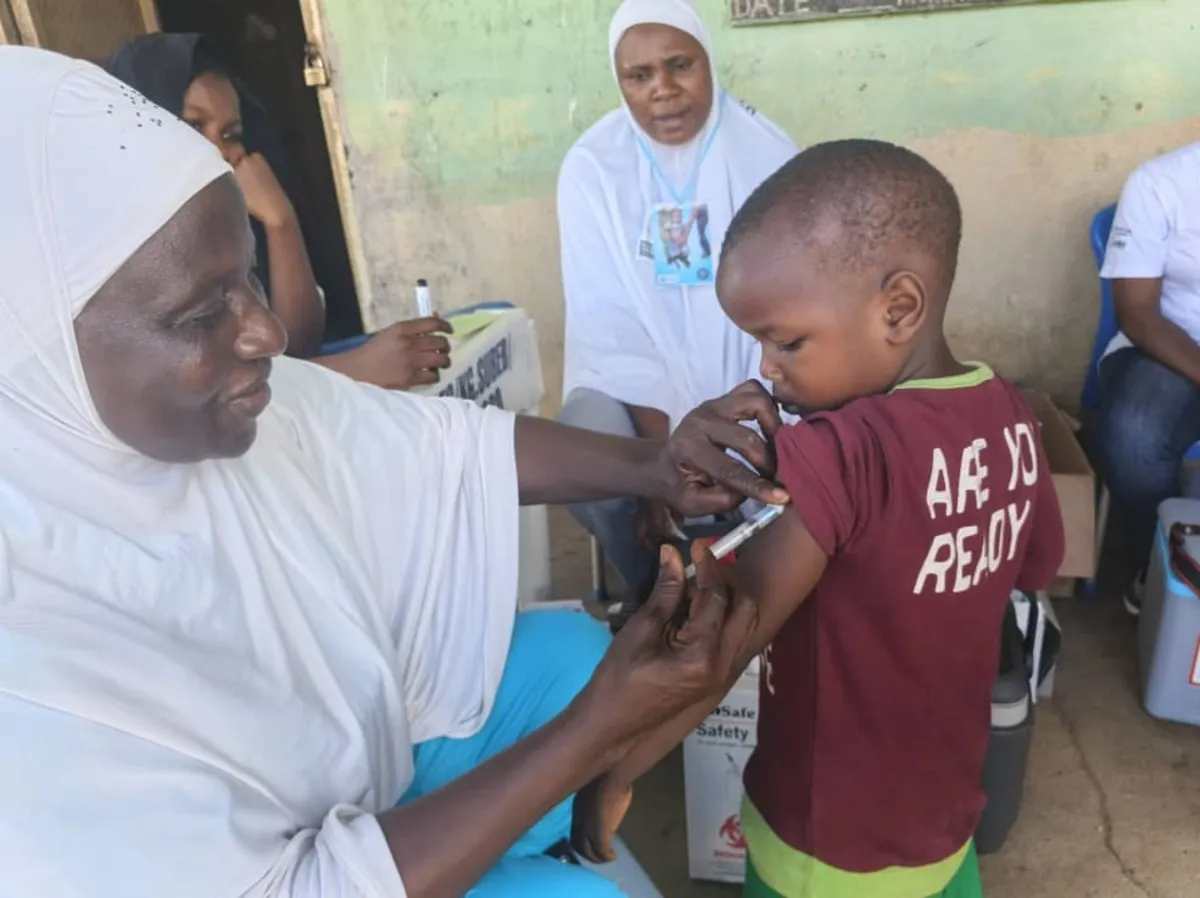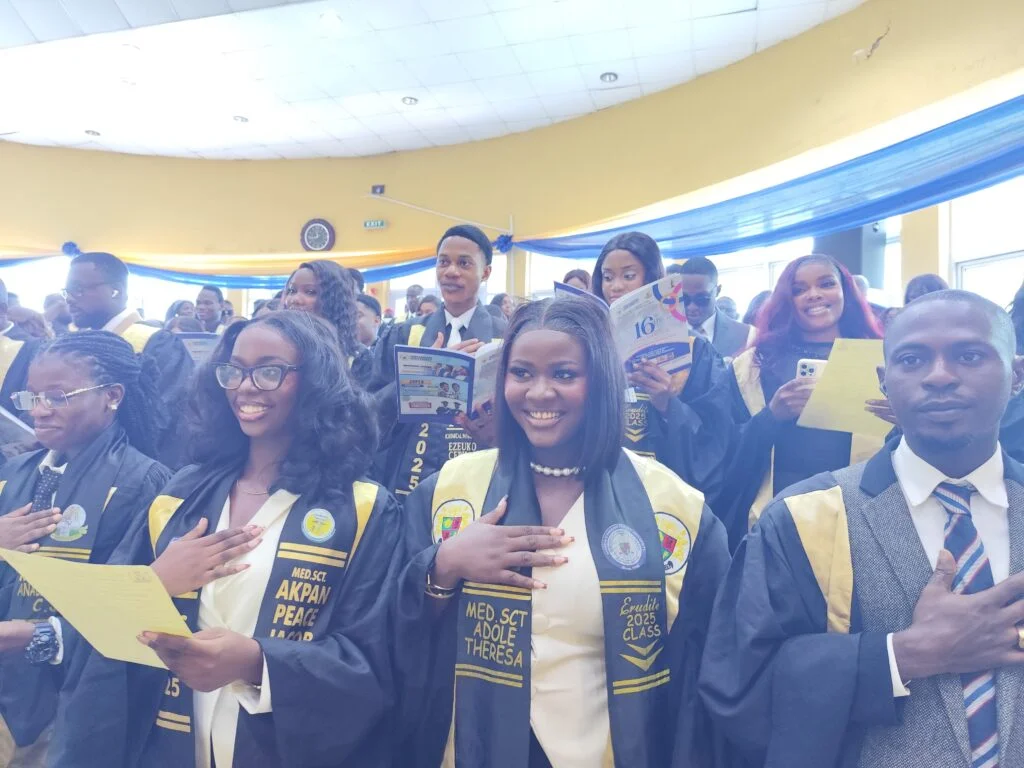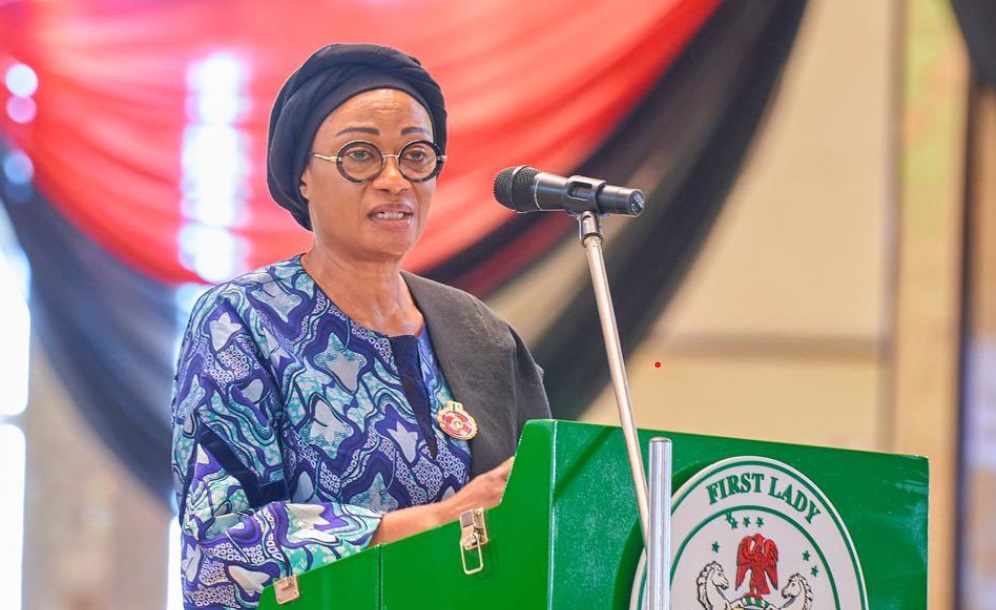The AIDS Healthcare Foundation (AHF) Nigeria has expressed alarm over the rising HIV infection rate among adolescent girls and young women, disclosing that about 4,000 girls aged 15–24 contract HIV every week worldwide.
This was contained in a statement issued by AHF Nigeria’s Senior Advocacy and Marketing Manager, Mr Steve Aborishade, on Wednesday in Lokoja, to mark the 2025 International Day of the Girl (IDG).
“Globally, adolescent girls and young women face a disproportionate HIV burden. In spite of progress, the numbers remain alarming, particularly in sub-Saharan Africa,” the statement read.
According to AHF, more than 3,300 of the 4,000 weekly infections occur in sub-Saharan Africa. In 2023 alone, 1.9 million adolescent girls and young women were living with HIV worldwide, compared to 1.2 million boys and young men in the same age group — a reflection of the severe gender disparity in global HIV prevalence among youths.
The foundation also raised concern over education barriers, stressing that 133 million girls globally are out of school, thereby cutting them off from essential pathways to health, independence, and long-term well-being.
To address the crisis, AHF urged greater investment in HIV and STI prevention, testing, and treatment, while calling for measures to tackle period poverty, gender-based violence, child marriage, and limited sexuality education — factors it identified as key drivers of health inequality.
In commemoration of the 2025 IDG, AHF Nigeria will host an educational event on Oct. 10 at Community Commercial Secondary School, Ikot Oku, Ubo, Offort, Uyo, in Akwa Ibom State.
According to AHF Nigeria Country Programme Director, Dr Echey Ijezie, the programme will feature menstrual hygiene education, leadership talks, and a platform for girls to present innovative ideas, with awards for outstanding contributions. Free sanitary pads will also be distributed, while participating girls will be linked to mentorship and leadership opportunities.
The event is expected to draw civil society partners, government representatives, and the Akwa Ibom State Commissioner for Women Affairs.
AHF, the world’s largest non-profit HIV/AIDS healthcare provider, currently delivers medical services and advocacy to over 2.5 million people in 50 countries, including Nigeria.





